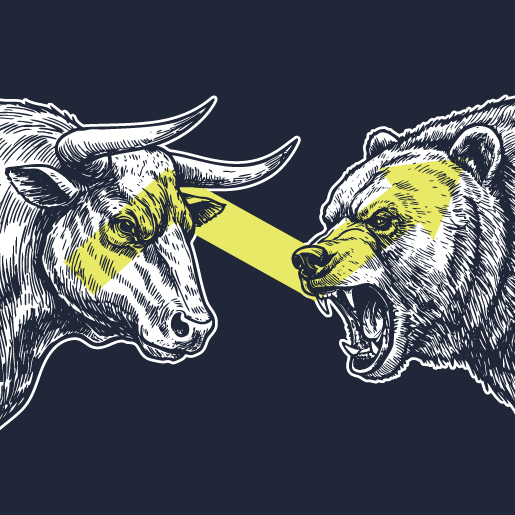Imagine walking into a lively party. Music humming. Glasses clinking. Small circles of people laughing and telling stories. You stroll over to introduce yourself. But instead of a warm “Hi, I’m Chris,” you say:
“Hi, I’m Chris. I have 12 years of experience in engineering design and cloud-based infrastructure. I’m results-oriented, proficient in AI, available 24 hours a day and fluent in three languages.”
Awkward pause. Confused stares. A polite nod. Then the subtle shuffle away as people duck out to “grab another drink.”
That’s not how you’d introduce yourself. And if it is, well, you’re being a weirdo. And nobody wants to hang out with a weirdo.
So why do so many brands do this?
Desperation isn’t an authentic branding strategy
Here’s the deal: Companies face pressure to sell. No sales, no business. But here’s the problem: Customers don’t want to be sold to. They want to buy. There’s a difference — and it comes down to control.
When was the last time you were excited to get a call from a telemarketer? Or stopped to hear the pitch from the guy lurking in the big box store aisle selling mobile contracts. Or opening 12 cold emails in a week from someone claiming they’ve built an AI tool that will boost your business tenfold?
Exactly.
You ignored them. Not necessarily because what they offered was bad. But because the approach felt pushy or inauthentic.
That same thing happens every day in marketing when brands lead their “about us” pitch with jargony feature lists. It’s like leading into a conversation based on your resume when you’re not even in an interview. It’s weird. And it turns off the very people you’re trying to reach.
Your brand is either building interest or being ignored
The best brands don’t chase. They attract.
The secret isn’t shouting more or louder. It’s being more interesting. Think about the brands you like. They didn’t win you over by aggressively listing features. They did it with an authentic branding strategy. That means showing up consistently, saying something intriguing or making you feel a little smarter, cooler or more confident.
That’s branding.
Skeptics like to say, “I don’t want a relationship with my toothpaste.” But those same people go to the store, stare at the wall of options, and grab Crest or Colgate without much thought. They say it’s habit. But habit is brand loyalty. Maybe they don’t have a relationship with their toothpaste. But they trust it. They recognize it. And that’s enough.
Your brand isn’t built through one flashy introduction. It’s earned through consistent, authentic experiences over time.
So don’t be a weirdo. And don’t underestimate your audience.
Your audience is full of smart, busy people with a finely tuned BS radar. They don’t want to be “targeted.” They want to be understood. If your brand walks into the room shouting about itself, it’s going to get ignored.
But if it walks in like a good conversation starter — curious, relevant and confident without being arrogant — people might actually want to hear more.
So don’t let your brand be a weirdo.
Be interesting. Be clear. Be consistent.
Be someone people actually want to talk to.
LF Newsletter Alert
Want Lessing-Flynn to rock the socks off your inbox with insights and more?




